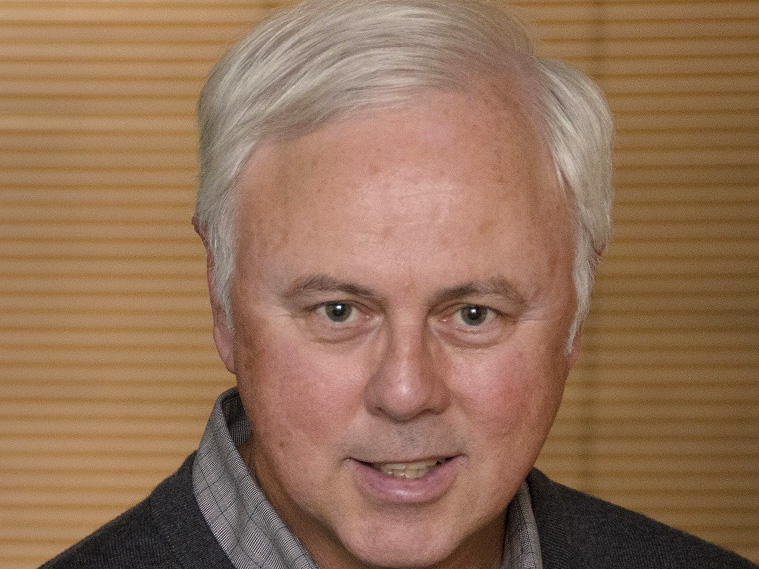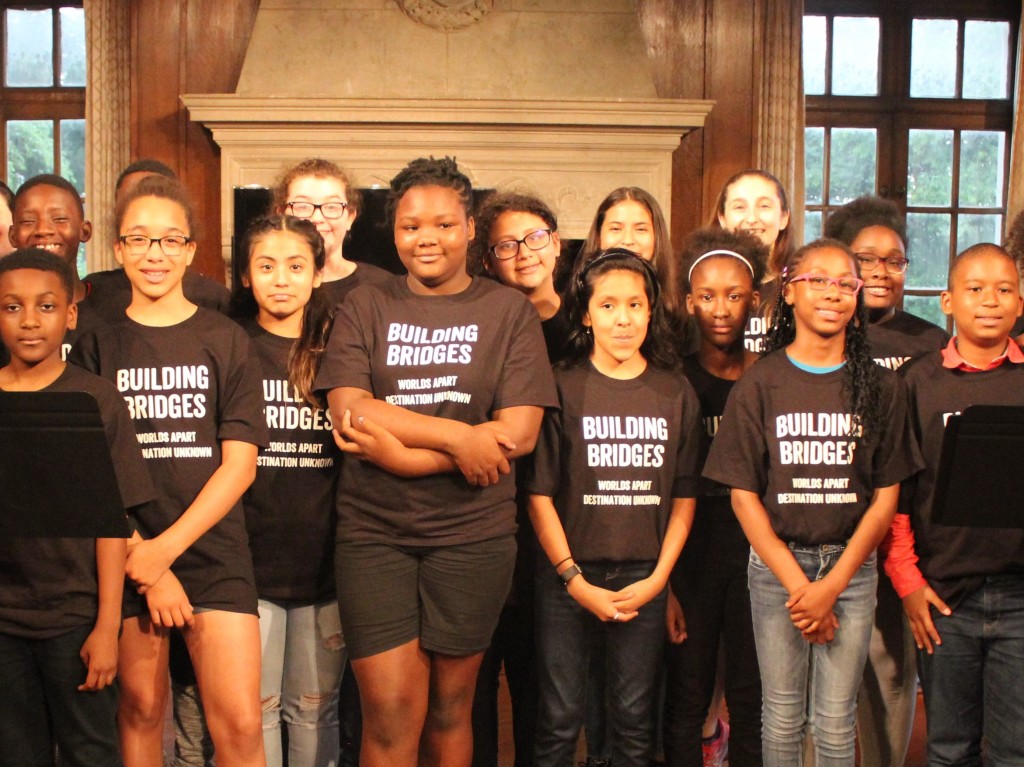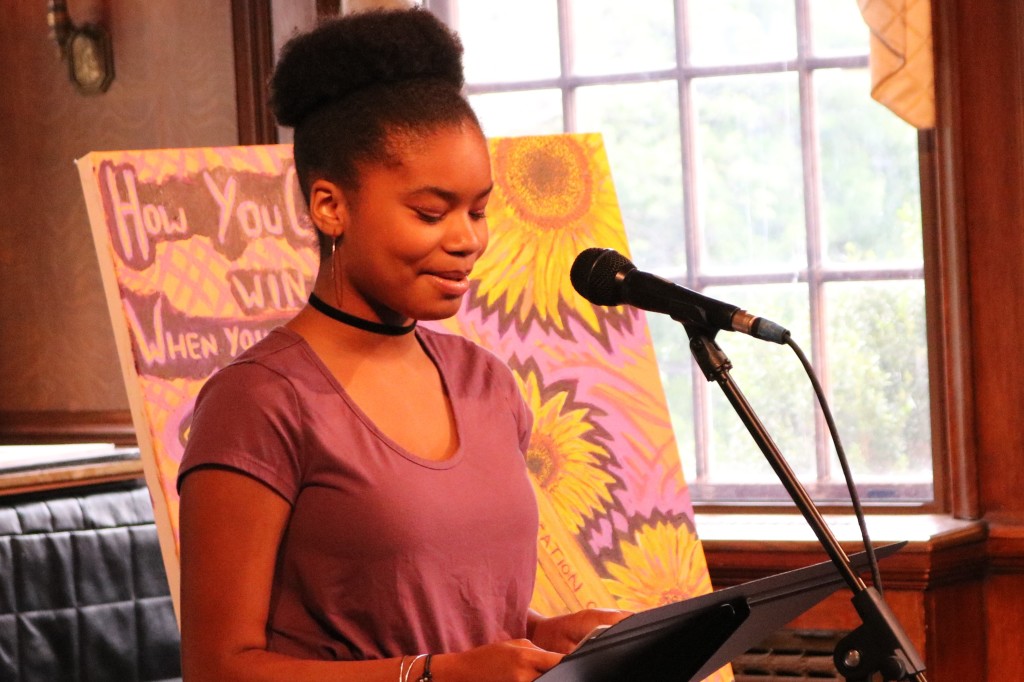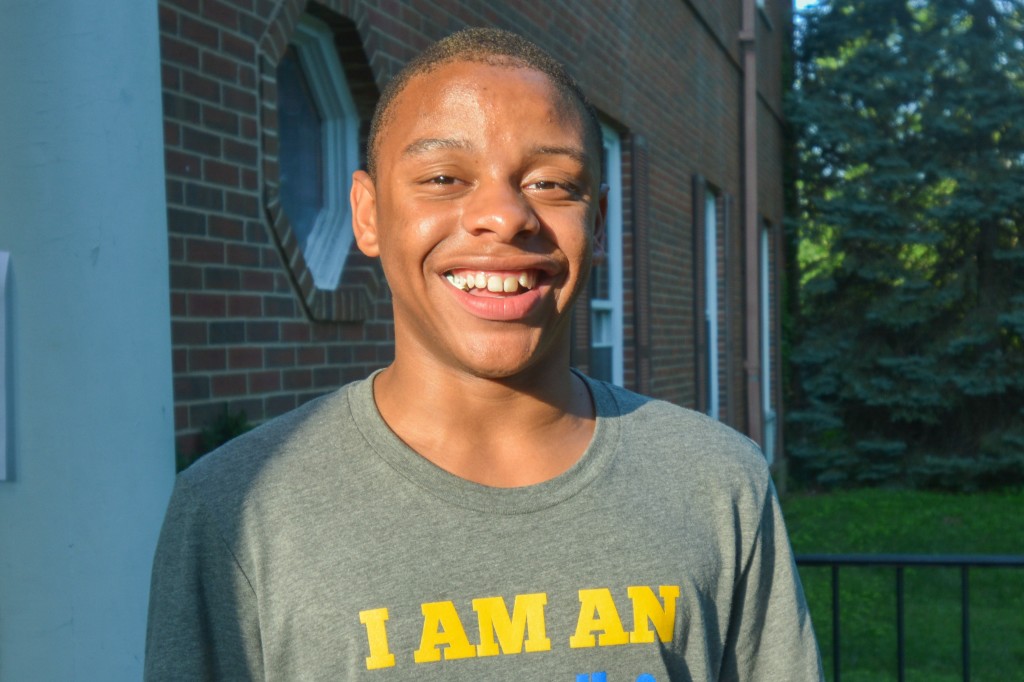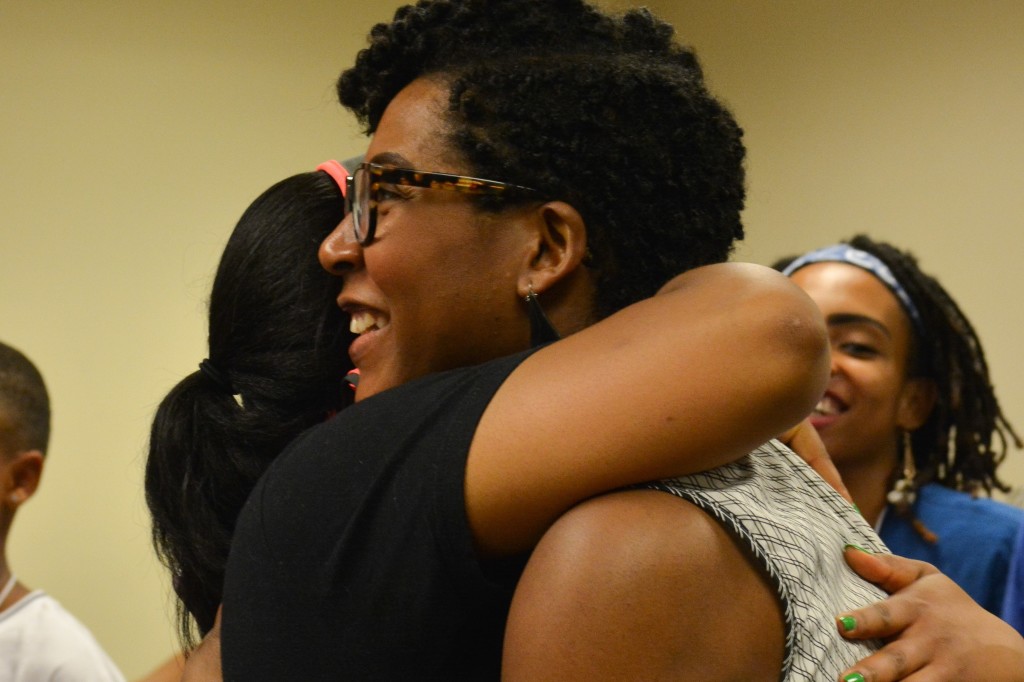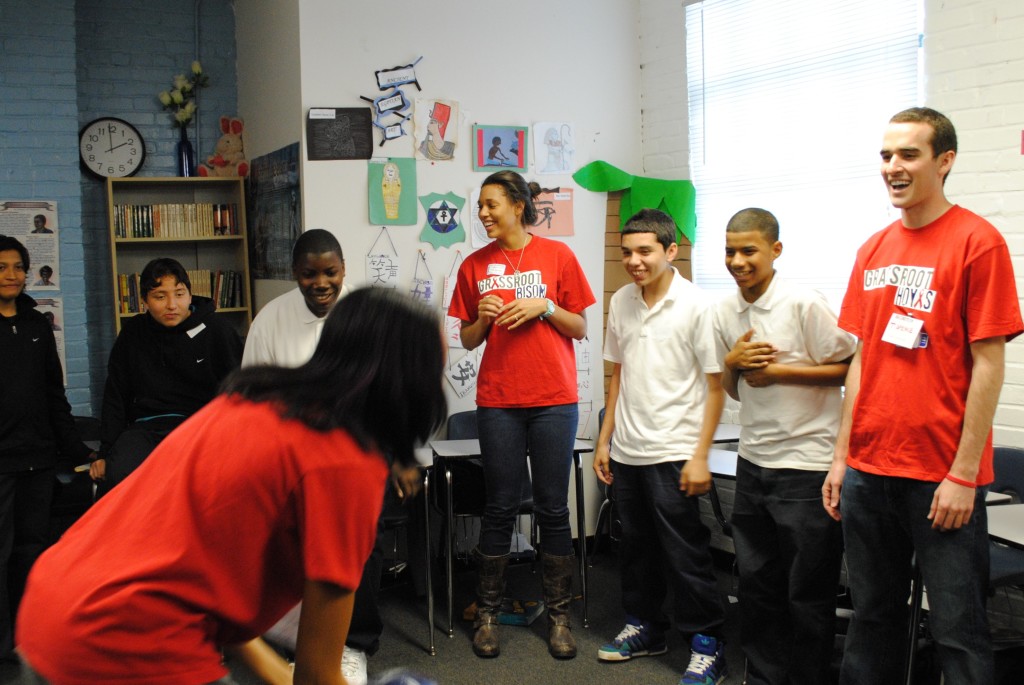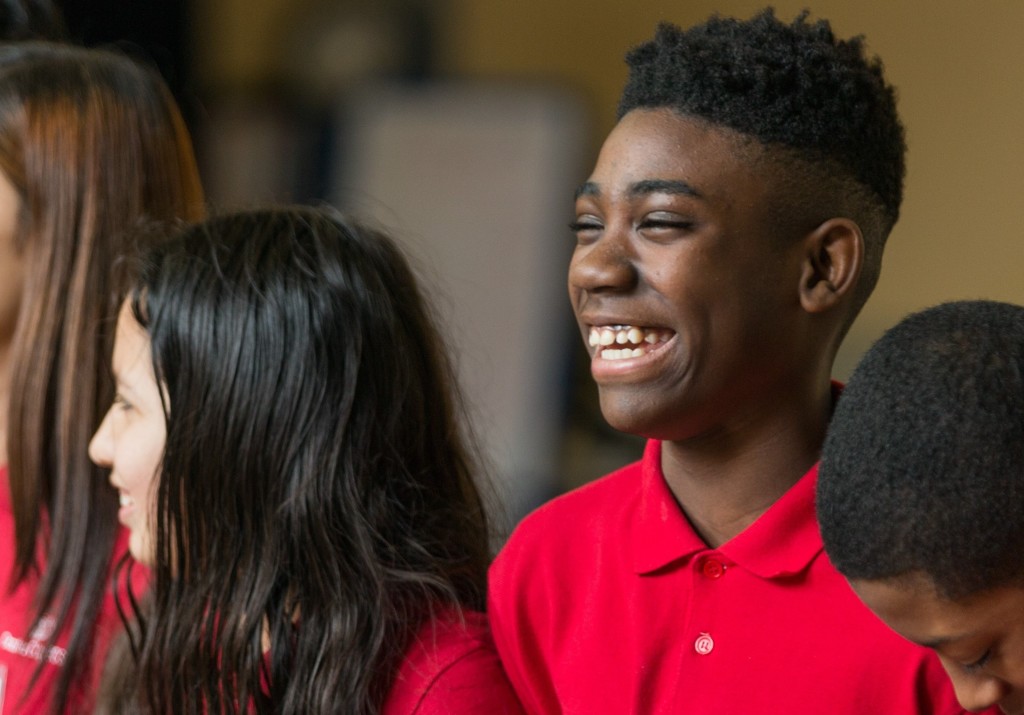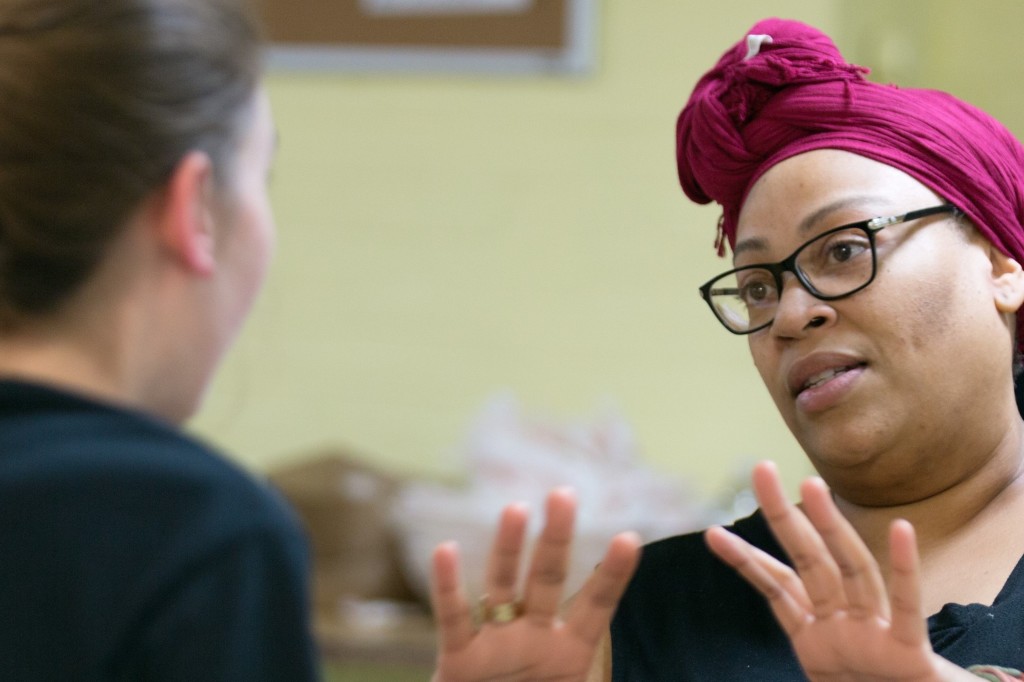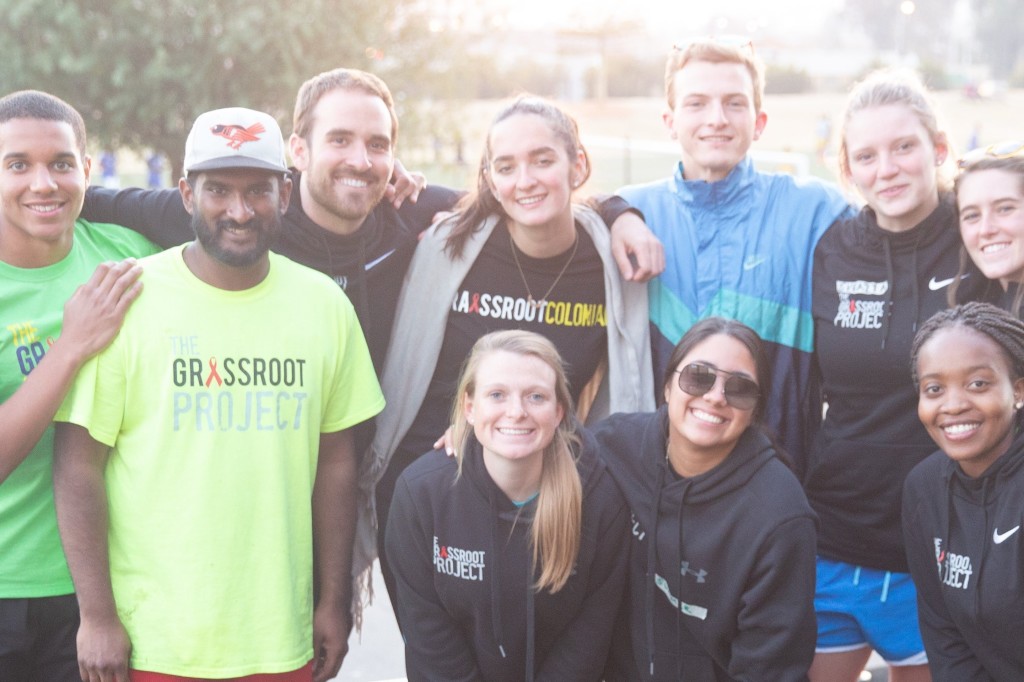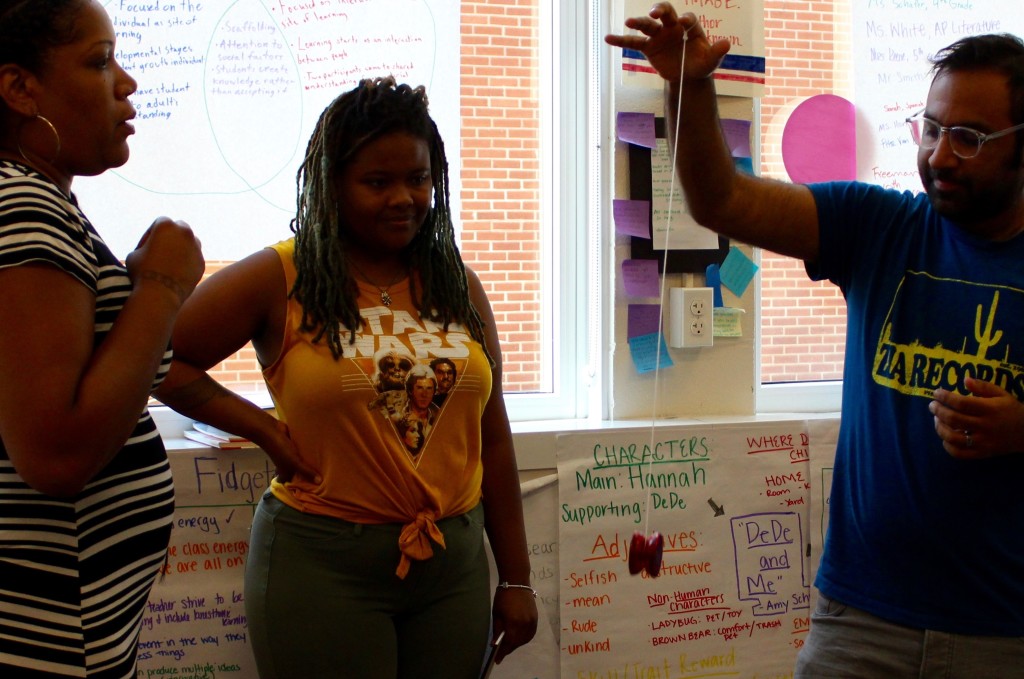
A Space for Inquiry
It’s 2pm and I’m standing in a classroom in northwest DC holding a yo-yo.
Two brand new Inspired Teaching Fellows (teachers-in-training) are standing next to me, asking me questions.
“Do you, uh, think you can do a trick with the yo-yo called ‘walk the dog?’” one of the teachers asks.
The other one offers: “Could you maybe try, like, throwing it sideways?”
I try to throw the yo-yo sideways and end up dropping it on the floor. I walk away in frustration.
On this particular afternoon, I’ve volunteered to play the role of a student, and the Fellows have been instructed to teach me how to use a yo-yo — but only by asking questions. No statements allowed.
The Fellow pauses and then asks: “What do you think you need to do to be successful with a yo-yo?”
My eyes light up. Unlike her first few questions, she doesn’t know the answer to this one. It’s all on me. She may not realize it yet, but this is the space where the magic of learning happens.
“I think,” I say, after genuinely thinking about it, “that I need to just be able to do 5 regular swings without stopping.”
Now we have a new lesson plan – and I, the student, am in charge of my own learning.
This is what teacher training looks like in Inspired Teaching’s Summer Institute, a 3-week long jumpstart for teachers who are beginning the Inspired Teaching Residency.
This exercise helps new teachers learn how to provide a space for inquiry instead of a list of directions. And the reason I know this activity so well is because I was a brand new Inspired Teaching Fellow myself, standing in this very classroom, doing this exact activity, 5 summers ago.
This summer, however, I’m returning to play the role of the summer mentor. And while I’m stepping into the first year Fellows’ classroom to help out, my primary responsibility is to advise the second year Fellows.
The second-year Fellows have just completed their residency year. They’ve been learning from, assisting, and eventually taking over for their lead teacher, someone who has modeled great teaching practices. Now, they’re starting from scratch, in their own summer school classrooms, with a fellow cohort member. I’ve been assigned to help two teaching teams, four teachers total.
As the summer begins, I watch my mentees struggle with the fact that, with a brand new class coming in next week, there’s no veteran teacher to set everything up. It’s a bit like learning how to drive a car for an entire year and then finding out that you now need to build your own car out of spare parts. And quickly.
The Gap
Even though summer school is only a month long, it can sometimes feel like an entire school year stuffed into four weeks. It’s not uncommon for teachers in summer practicum to re-connect and disconnect multiple times with their passion for teaching. It’s not uncommon for teachers to discover just how much of a gap exists between the teacher that they are and the teacher that they want to be. And it’s not uncommon for those teachers to work excruciatingly hard to close that gap before the summer ends.
The result of all of this reflection and learning is evident because, by the end of the summer, I notice that the Fellows’ teaching powers that I am mentoring have grown. At the start of the summer, I would take copious notes while observing a mini-lesson. I’d analyze every movement the teacher made, every word that they said. And by the end, it’s hard to even find a place to take notes. Classrooms are bustling with students in every corner, working on interesting projects and directing their own learning.
During our final meeting, I ask one of the Fellows, “So now that it’s almost over, do you feel like you’re the teacher you want to be?”
“No,” she laughs. “That will take a while. But before the summer started, I hadn’t even thought about what kind of teacher I wanted to be. Now, I ask myself that question almost daily. My vision is much more clear.”
Remarkably, she is learning to ask herself questions that don’t have an immediate answer.
A Window and a Mirror
I’ve said before that the role of a teacher is to offer their students a window and a mirror. A window with which to see the world through many different lenses and perspectives, and a mirror to allow students to understand the power of their own perspective and potential.
But as a summer mentor, I came to terms with something else: a teacher must also stand in front of their own mirror. It is there, in the glow of their own reflection, where they will do their most challenging work. They will confront every imperfection. They will think about what they will do differently tomorrow. They will, simultaneously, berate themselves and strive for self-acceptance. They will do all of this for the good of themselves and the good of their students.
And it occurs to me that I, the summer mentor, have very little to do with the mirror. But maybe, I hold the window. If I was able to help these wonderful teachers catch a glimpse of all incredible possibilities that lie ahead, then, mission accomplished.
Written by –Zia Hassan

